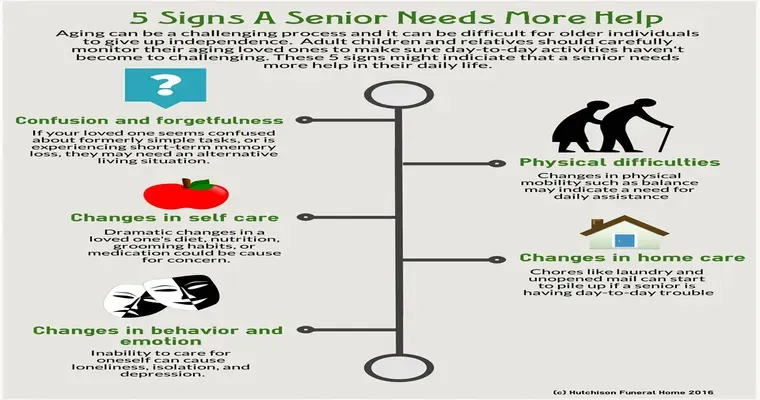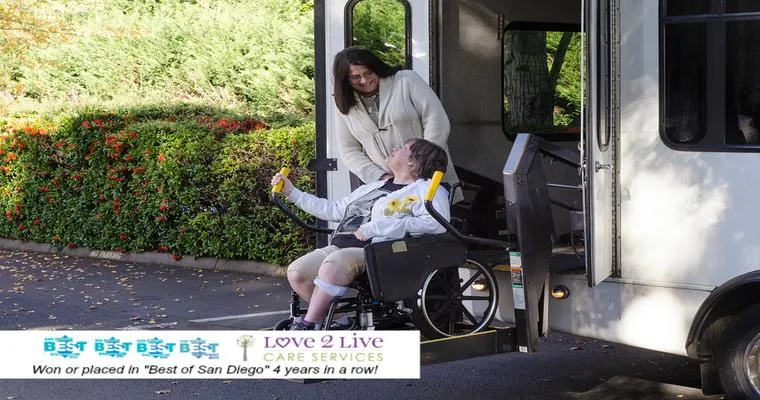As our loved ones age, it can become increasingly challenging to determine when they might require "assistance at home". Understanding the signs that indicate your elderly parents may need help is crucial for their well-being and can prevent potential accidents or health issues. In this article, we will explore several indicators that suggest intervention may be necessary, as well as tips on how to approach the conversation with your parents about their "care needs".
One of the first signs that your parents may need help at home is a noticeable decline in their "physical health". This can manifest as difficulty with daily activities such as cooking, cleaning, or even bathing. If you observe them struggling to complete these tasks or frequently complaining about aches and pains, it could be time to consider arranging for some form of "in-home care" or assistance.
Another red flag to watch for is changes in their "mental health" or cognition. Conditions like dementia or Alzheimer's can begin subtly, and early signs may include forgetfulness, confusion, or difficulty concentrating. If your parents seem disoriented or are making unusual decisions, this could indicate a need for more support to ensure their safety and well-being.
Social isolation is another critical factor to consider. If your elderly parents are withdrawing from social activities, neglecting hobbies they once enjoyed, or not maintaining regular contact with family and friends, they may require additional help. Social interaction is essential for mental health, and being alone for extended periods can lead to feelings of loneliness and depression. Encouraging social engagement or considering "companion care" services can be beneficial.
Additionally, you should monitor their home environment. If you notice a decline in "household maintenance", such as unkempt living areas, expired food in the refrigerator, or neglected yard work, these could be indicators that they are struggling to manage their home. A cluttered or unsafe living space can lead to accidents, making it essential to address these concerns promptly.
When you notice any of these signs, it is vital to approach the issue delicately. Start by having an open and honest conversation with your parents about your observations and concerns. It is essential to listen to their feelings and opinions, as they may have different perspectives on their "independence" and "care needs". Together, you can explore potential solutions, whether it's hiring professional help, arranging for family assistance, or considering alternative living arrangements.
In conclusion, knowing when your elderly parents need help at home is not always straightforward. However, by being attentive to changes in their physical health, mental well-being, social engagement, and home environment, you can identify when intervention is necessary. Open communication is crucial in discussing these sensitive topics, allowing you to work together to ensure they receive the care they need while maintaining their dignity and independence. Taking proactive steps can significantly improve their quality of life and give you peace of mind.





